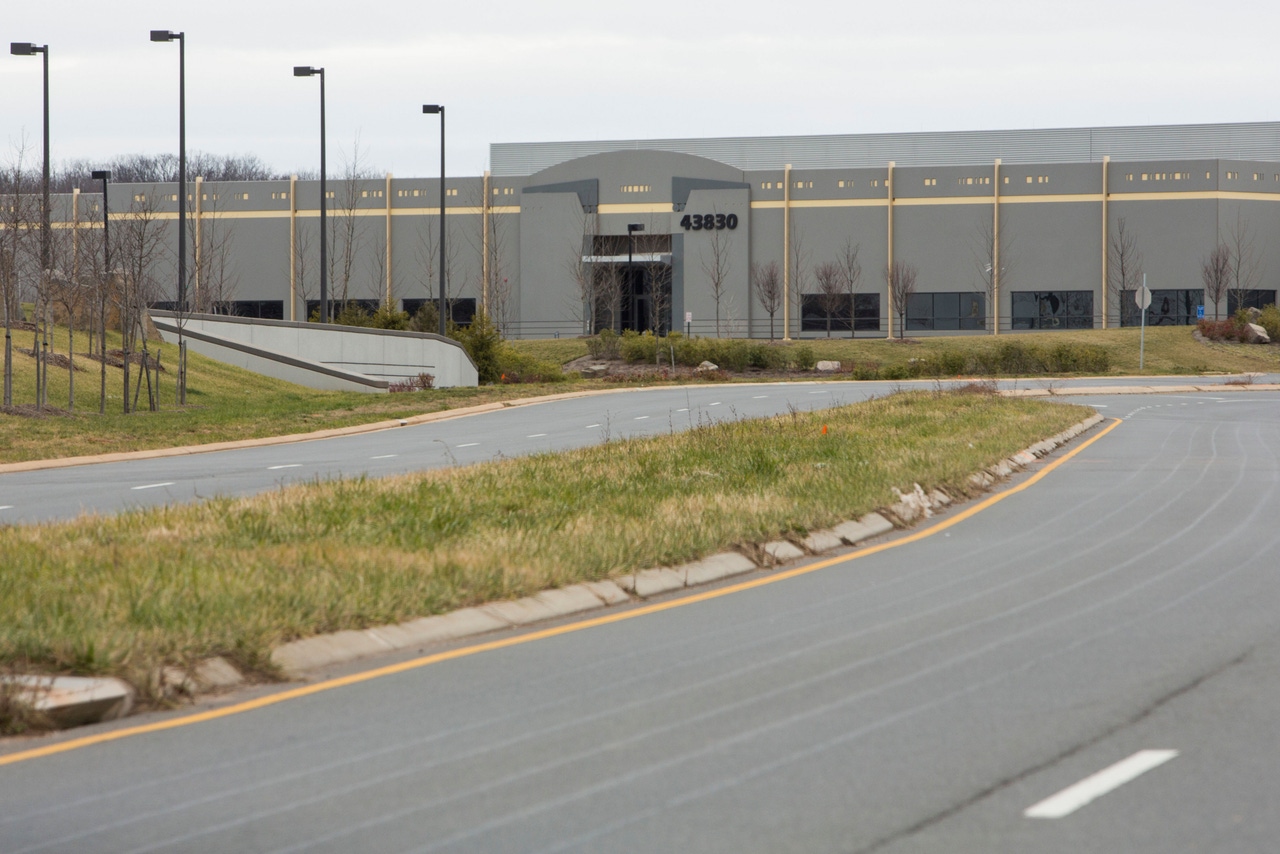
Insight and analysis on the data center space from industry thought leaders.
Why Frederick County Is Important for the NoVA Data Center Market
Frederick County is fast becoming a highly attractive data center location in the greater Washington Metro Area, offering an inviting range of site opportunities, energy and water infrastructure, and tax advantages.

Speed-to-market, scalability, and sustainability have long been considered table stakes requirements for hyperscale customers. Given these mandates, a data center provider’s ability to successfully navigate strategic site selection challenges such as power and land constraints, supply chain issues, access to renewable energy, and connectivity has never been more critical to meeting customers’ needs.
In spite of the global economic winds, post-pandemic market corrections, and personnel contractions presently buffeting the business landscape, data center demand in the United States is forecast to grow by approximately 10% per year until 2030, according to an analysis by McKinsey & Company. The U.S. accounts for roughly 40% of the global data center market.
But as the need for new data center development continues to rise — spurred by the demand for cloud computing, generative AI, cloud-based services, and large enterprise digital transformation initiatives — the availability of land, power, water, and connectivity has become increasingly constrained even as the cost of land increases and the scale of infrastructure required to support data center development also increases.
Practical considerations of latency dictate that certain applications and workloads must be located in proximity to their user base. Just witness the world’s largest concentration of cloud computing infrastructure, Northern Virginia, which has long been a strategic priority for the world’s largest hyperscale and data-driven enterprise customers.
Vacancy in “Data Center Alley” remains at under one percent, even as last year saw 772 MW of absorption, according to a report by Cushman & Wakefield. And while the industry continues to contemplate strategic alternatives for resources such as energy and building materials in a time of shortages and geopolitical tensions, there are two resources that are relatively finite in this respect: available land and power.
So, for fast-growing hyperscale and enterprise customers focused on scale and speed of delivery, a growth outlet with all the benefits of a highly saturated Northern Virginia data center market can be considered an attractive alternative. Frederick County, Maryland, has emerged as just that.
More Than Ever, Location Is Everything
Frederick County is fast becoming a highly attractive data center location in the greater Washington Metro Area, offering an inviting range of site opportunities, energy and water infrastructure, tax advantages and a business environment with lower operating costs when compared to nearby regions.
Proximity to Ashburn
A marked advantage to choosing Frederick County is its strategic location. Adjacent to Loudoun County, it is less than 40 kilometers — well under a second via fiber — to the interconnection ecosystem of Ashburn. Data center customers tend to prefer close proximity to major hubs, which eases the expense of interconnecting network infrastructure and facilitates the nearly instantaneous sharing of data.
Power & Land Availability
Regarding power, Frederick County is serviced by Potomac Edison, a FirstEnergy company, which offers a robust, networked 230 KV transmission system. Potomac Edison offers a competitive rate structure that is comparable in pricing to surrounding data center markets. The Aligned campus in Frederick, MD will support up to 264 MW IT capacity at full build out, offering new options for customers looking to expand in a power-constrained core Ashburn.
Land for new data center development is amply available, and at a fraction of the cost of land in Loudoun County or Prince William County. Frederick County’s approval of an amendment to its zoning ordinance explicitly designated data centers as a permitted use in areas zoned light industrial or general industrial. Understanding the critical timing associated with data center delivery cycles, Frederick County's Fast Track Permitting program can expedite data center projects through the development process, resulting in cost savings during the planning phase.
Financial Incentives
Data center customers in Frederick County are exempt from sales taxes on the purchase or lease of data center equipment, including computer equipment or enabling software secured for the processing, storage, retrieval, or communication of data, including but not limited to, servers, routers, connections, and other enabling hardware. To qualify for a 10-year exemption, customers must invest $5M and create five new jobs. A 20-year exemption necessitates a $250M investment and five new positions created. Each new job must be a full-time position and pay at least 150% of the state minimum wage.
Connectivity
Located at approximately the same distance and latency from core Ashburn as the Manassas submarket is, Frederick County offers multiple existing diverse network paths back to core Ashburn, and the growing Leesburg cluster. This existing connectivity will be significantly enhanced upon the completion of Quantum Loophole’s QLoop, which provides diverse express connectivity options directly into Loudoun County.
The ability to acquire power- and connectivity-rich land in strategic regions is critical to delivering infrastructure at the quality and velocity hyperscale customers have come to expect. Location, more than ever, is everything in the data center industry, as is the ability to anticipate and recognize new and meaningful opportunities for future data center development. The power availability, proximity to Northern Virginia, attractive tax exemptions, and the holistic approach taken by regional stakeholders to enable data center growth, all recommend consideration of Frederick County for future development.
About the Author(s)
You May Also Like



.jpg?width=700&auto=webp&quality=80&disable=upscale)



